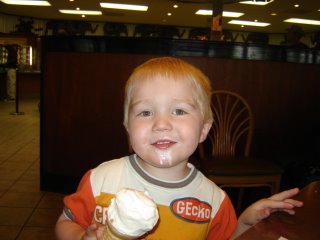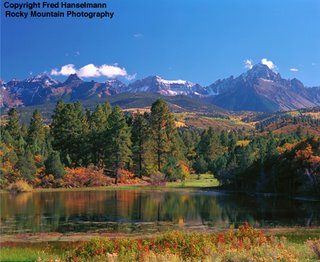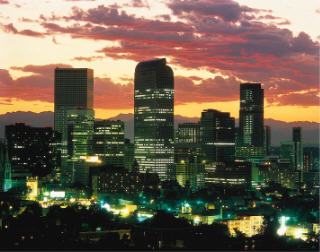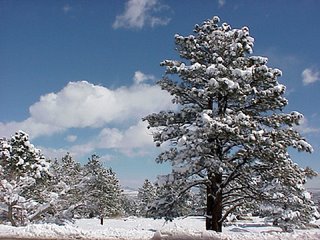As Western society becomes more complex, specialized, and technologically advanced, we all have an increasing interdependence upon each other. Sometimes I dream of pulling a "Mountain Family Robinson", moving to a log cabin somewhere, severing all ties with other human beings except for my family, and living a life of self-subsistence in the wild, just me and the bears and the mountain goats. But when I realize that we'd all be dead within a week, I reconsider.

I think that, in our day and age, no one person can possess all of the subsets of skills necessary to thrive--or even survive--in modernity. We need and rely on each other to specialize in certain areas of life. For instance, I'm a doctor. If while you are reading this, you develop a cardiac arrest and drop dead on the floor--which, if sheer boredom can kill, is conceivable--and if I happened to be in your close proximity, lucky for you. I possess the training, skills, and experience necessary to resuscitate you. (Of course, I would need a defibrillator, a bag-mask, an IV, medications, EKG, nursing help, etc. Keep those handy, too.)
But if, while you are reading this, your washing machine goes kaput, your computer becomes irrevocably infested with spyware, or your gas-line starts to leak, then having me in your close proximity is no advantage.
All three of these things happened to us in the past week, and we suffered immeasurably because of them, weeping in despair at our complete incompetence in dealing with these dilemmas. And we would have persisted in our state of pathetic debilitation, if not for the kindly expertise and service of Don and Ron.

First, Don is an employee of Walt's Appliance and (conveniently) Computer Repair. One call, and within a few days he was at our house. It took him fifteen minutes to expertly diagnose our washing machine (slow leak, rusted "wig-wag", old belt, and pump failure--hey, this thing is 20+ years old). Then, within minutes, he had diagnosed our computer virus that has crippled us for weeks, though he needed to take the computer with him to access the appropriate virus-cleaning tools. Now today, our washing machine is operational, our computer is free and clear, and a semblance of order has returned to our interdependent existence, all for the low price of $213.00.
Next, Ron is an exceptionally good-natured employee of Atmos Energy, our local gas company. When Elizabeth and I both smelt a sudden, strong gas odor in our home at 10:30 pm on Wednesday night, we got the kids in the car, pulled out into the street, called the gas company, and watched our home explode into flames.
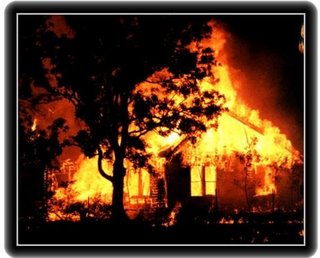 Just kidding, no explosion. But Atmos promptly dispatched the on-call technician to our home, Ron. He arrived within fifteen minutes, calmly and cheerily proceeded to identify that there was no gas leak, but that our pilot light had gone out on our hot-water heater. A small amount of gas had probably escaped into the air, was drawn upstairs quickly by our attic fan, but was now all gone. He lit our pilot light, then proceeded to track down the entire length of our gas line, including underground, to ensure that there was no problem. He then pronounced our house safe for our return, and as we slinked back in, he called after us to let us know he'd be back in a jiffy if there were any more problems. No charge. We slept well that night.
Just kidding, no explosion. But Atmos promptly dispatched the on-call technician to our home, Ron. He arrived within fifteen minutes, calmly and cheerily proceeded to identify that there was no gas leak, but that our pilot light had gone out on our hot-water heater. A small amount of gas had probably escaped into the air, was drawn upstairs quickly by our attic fan, but was now all gone. He lit our pilot light, then proceeded to track down the entire length of our gas line, including underground, to ensure that there was no problem. He then pronounced our house safe for our return, and as we slinked back in, he called after us to let us know he'd be back in a jiffy if there were any more problems. No charge. We slept well that night.
So whether it be the above problems, auto work, legal needs, medical care, or any other of the hundreds of necessary survival skills for today's world, we all have two options. The first would be to go to school or otherwise educate ourselves, and then fix the problem on our own. The only catch with this plan is that it would be time-consuming, cumbersome, and impossible. It would take more than our entire lifespans to acquire the necessary experience just to make the rest of our lives livable. Therefore, the second option is the only realistic one: we must trust our fellow humans and rely on each others' experience and expertise to get us out of a jam.
Modern medicine is a microcosm of our greater society out there, in the sense that it has become highly sub-specialized. I am currently working with a dermatologist, whose twenty-plus years of experience allow him to instantly diagnose most skin conditions, the same conditions that I, as a family practitioner, spend thirty minutes reading about, consulting with other doctors, and ultimately scratching my head, saying, "I don't know what the heck is wrong with you, but it's crazy!" (Patients don't respond well to this display of bewilderment.) :)
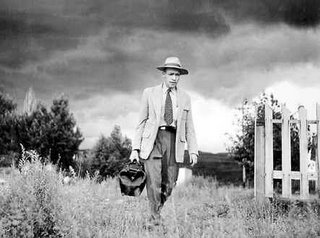
That being said, I think that there is a greater need than ever for the well-rounded family physician, the one doctor who can take all the different pieces of the puzzle and make them fit into a coherent picture. I would say that I can appropriately and expertly manage about eighty percent of the health problems that patients come to me with. The other twenty percent? I'm glad there are specialists out there who can ride to the rescue. But ask the dermatologist to manage hypertension or a child's ear infection, and he would probably give you the same look of bewilderment I give when looking at a complicated skin problem.
So in the end, it's all about trust and interdependence. Thanks to all those from whose expertise I have benefitted in my life. I need you, you need me, look how happy we can be. (Is this starting to sound like Barney?)

 I have a pretty eclectic taste in music.
I have a pretty eclectic taste in music.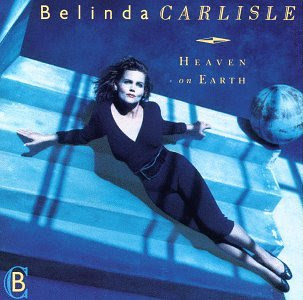 artificial boundaries, in music or anything else.
artificial boundaries, in music or anything else.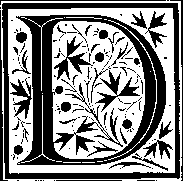

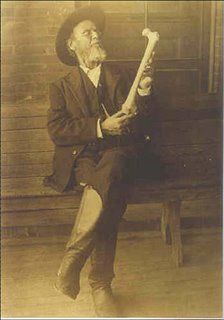
 The blaze of autumn leaves. Crisp, frosty mornings. The scent of apple cider on the stove. And football, baby. Football.
The blaze of autumn leaves. Crisp, frosty mornings. The scent of apple cider on the stove. And football, baby. Football.

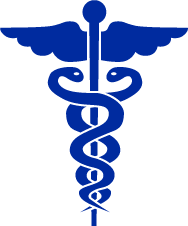

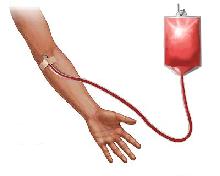
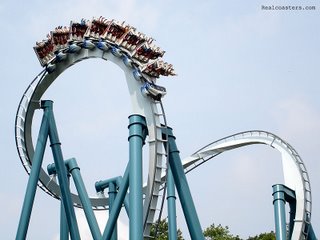
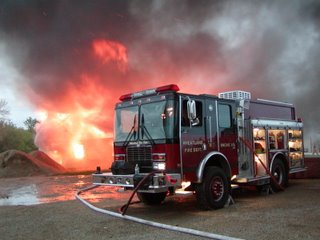

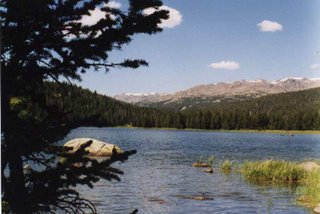


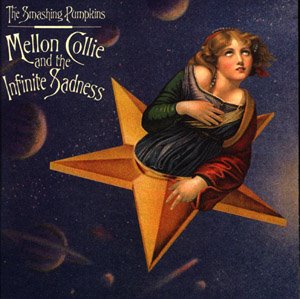 Tonight was not at all melancholic. On the contrary, after a difficult day at work, Elizabeth and the kids threw a great 32nd birthday party for me. We played games, opened gifts, wrestled, danced, laughed, and then had my perennial "Funfetti" cake: multi-colored cake, white icing, and Cookies & Cream. Mmmm . . . delicious.
Tonight was not at all melancholic. On the contrary, after a difficult day at work, Elizabeth and the kids threw a great 32nd birthday party for me. We played games, opened gifts, wrestled, danced, laughed, and then had my perennial "Funfetti" cake: multi-colored cake, white icing, and Cookies & Cream. Mmmm . . . delicious. 
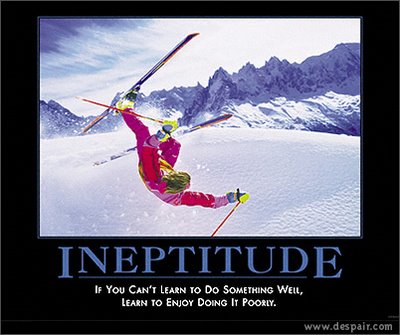
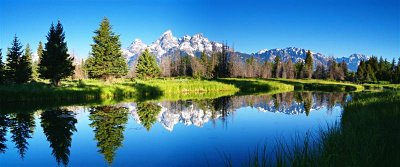


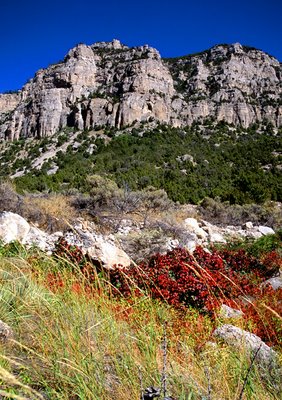
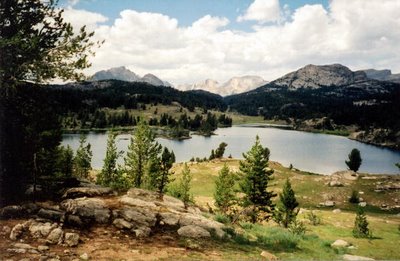
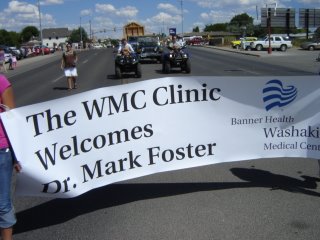 You know it's a small town when you move in and they throw a parade in your honor . . .
You know it's a small town when you move in and they throw a parade in your honor . . .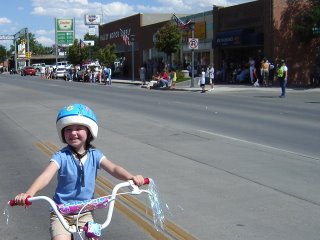
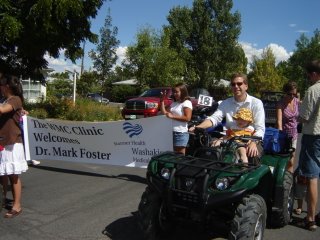
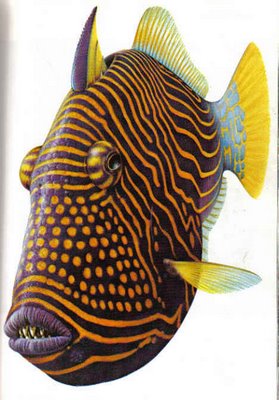


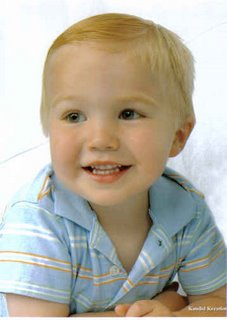





 Just kidding, no explosion. But Atmos promptly dispatched the on-call technician to our home, Ron. He arrived within fifteen minutes, calmly and cheerily proceeded to identify that there was no gas leak, but that our pilot light had gone out on our hot-water heater. A small amount of gas had probably escaped into the air, was drawn upstairs quickly by our attic fan, but was now all gone. He lit our pilot light, then proceeded to track down the entire length of our gas line, including underground, to ensure that there was no problem. He then pronounced our house safe for our return, and as we slinked back in, he called after us to let us know he'd be back in a jiffy if there were any more problems. No charge. We slept well that night.
Just kidding, no explosion. But Atmos promptly dispatched the on-call technician to our home, Ron. He arrived within fifteen minutes, calmly and cheerily proceeded to identify that there was no gas leak, but that our pilot light had gone out on our hot-water heater. A small amount of gas had probably escaped into the air, was drawn upstairs quickly by our attic fan, but was now all gone. He lit our pilot light, then proceeded to track down the entire length of our gas line, including underground, to ensure that there was no problem. He then pronounced our house safe for our return, and as we slinked back in, he called after us to let us know he'd be back in a jiffy if there were any more problems. No charge. We slept well that night.

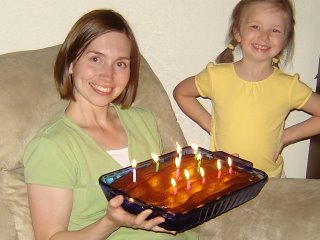 Tim McGraw said it well:
Tim McGraw said it well: